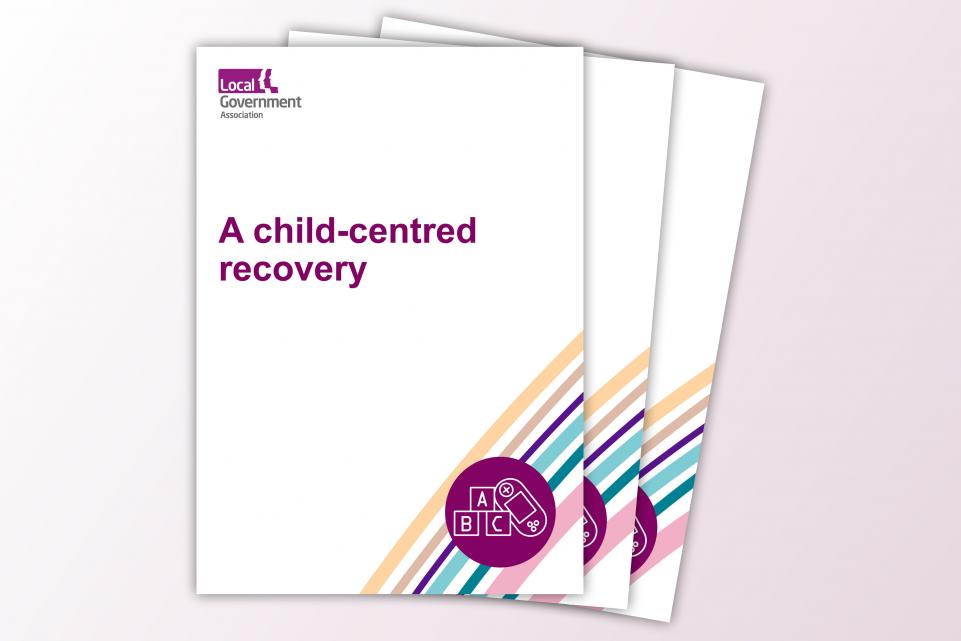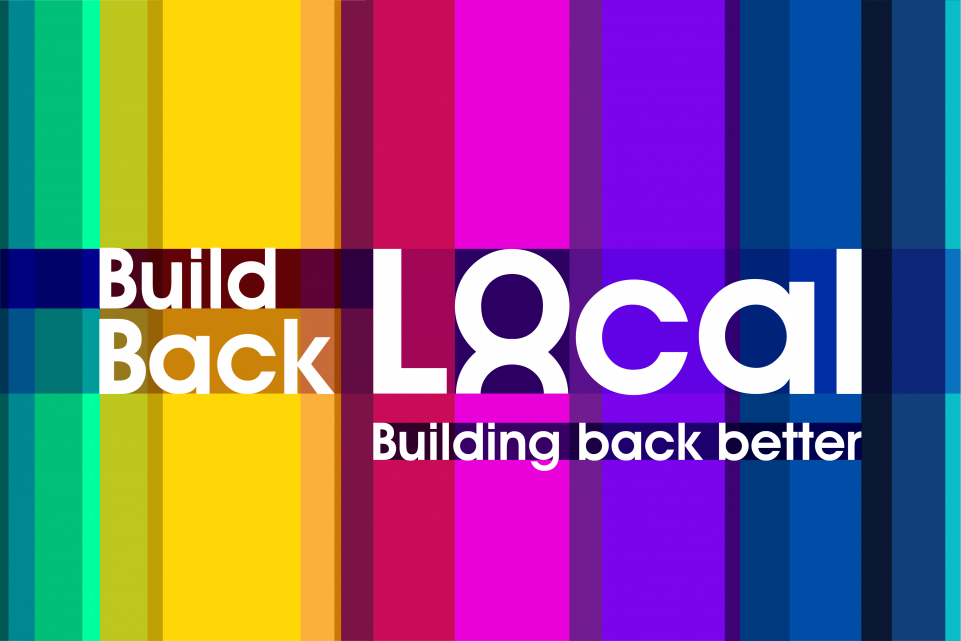Resetting the relationship between local and national government. Read our Local Government White Paper
- About
- Political
-
Our support
- Workforce and HR support
- Children's services
- Communications and community engagement
- Council assurance and peer challenge
- Councillor and officer development
- Culture and sport
- Cyber, digital and technology
- Equalities hub
- Finance
- Governance and assurance
- LGA principal advisers and regional teams
- The LGA Consultancy
- One Public Estate
- Partners in Care and Health
- Planning Advisory Service (PAS)
- Procurement
- Research and data
- Sustainability hub
- Transformation
- LGA Solutions
- Case studies
- Parliament
-
Topics
- Children and young people
- Communities
- Community safety
- Culture, tourism, leisure and sport
- Devolution
- Economic growth
- Employment and skills
- Climate, environment and waste
- European and international
- Finance and business rates
- Fire and rescue
- Housing and planning
- Licences, regulations and trading standards
- Severe weather
- Social care, health and integration
- Transport
- Publications
- Events


